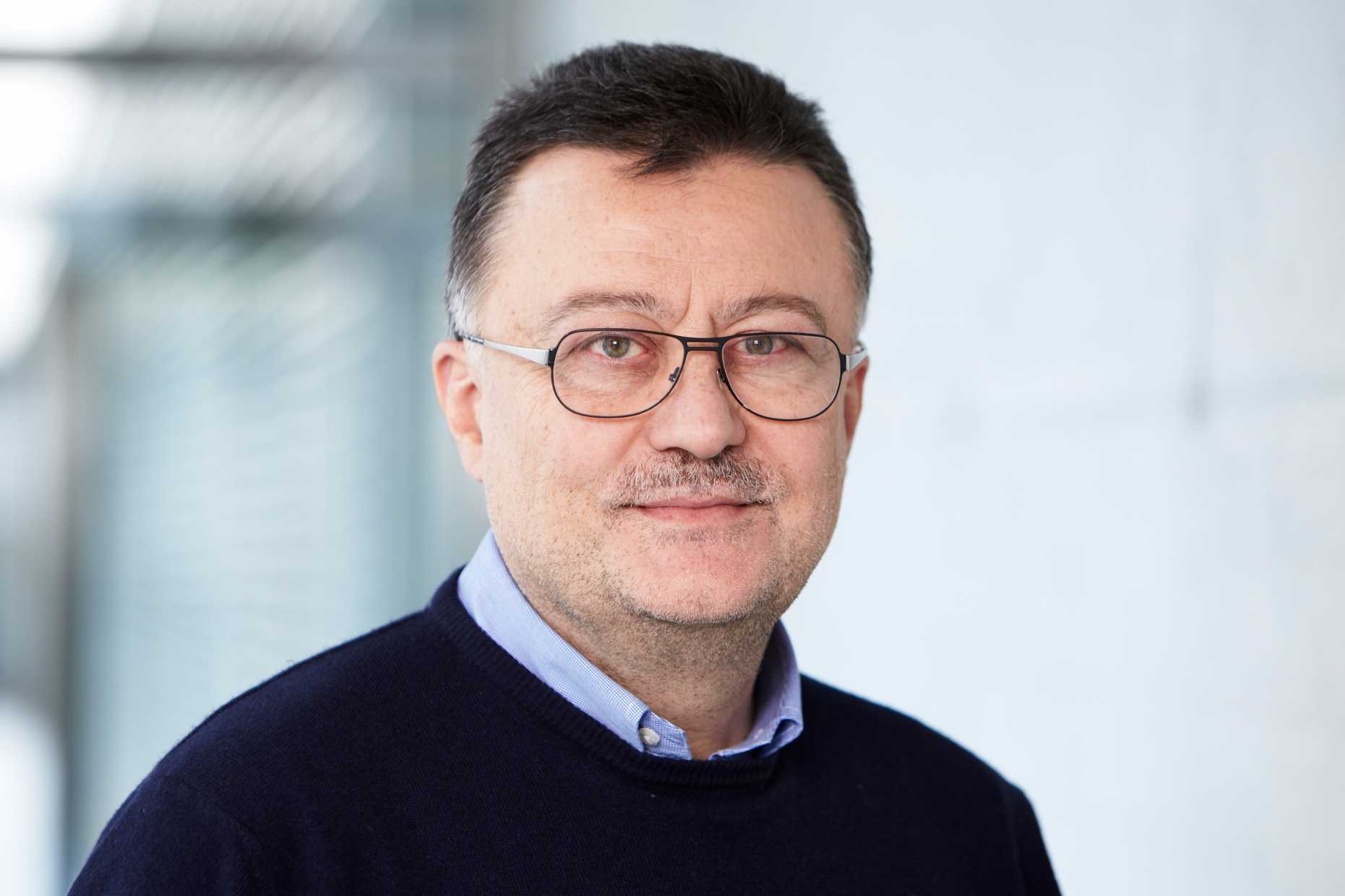“We have to consider all sectors of mobility”
(Re-post from ETH News) The ETH Zurich & Swiss federal railways (SBB) mobility initiative launched in 2018 is gaining momentum. Konstantinos Boulouchos, the driving force behind the project, explains how far things have come since then and in which direction the initiative is set to develop.

The Mobility initiative of ETH Zurich
At the beginning of 2018, ETH Zurich teamed up with external page Swiss federal railways (SBB) to launch a long-term mobility initiative. After Siemens came on board in 2019, in 2020, AMAG Group AG became the first partner from the automotive sector to join the project. The contract was formally signed on 9 November 2020.
So far, the mobility initiative has mainly supported research projects at the doctoral and post-doctoral levels. For example, the projects aim to develop diagnostic tools that can be used in regular trains to monitor the rail system or to investigate how rails and wheels interact to better predict vehicle wear.
Fundamental aspects are also being examined, for example, how to make freight transport more climate-friendly. Other projects are investigating how to use artificial intelligence or remote sensing methods to detect damage to the infrastructure at an early stage or what the consequences are of connecting photovoltaic systems and charging stations for electric cars to the railway’s power grid.
Mr Boulouchos, at the beginning of 2018 ETH Zurich announced the launch of a large-scale mobility initiative together with Swiss federal railways (SBB). How far has the project progressed in the meantime?
Konstantinos Boulouchos: A lot has happened since then. At the beginning, we received a donation from SBB to provide start-up financing for the initiative over ten years. We’ve since been able to attract further partners: Siemens has been on board since 2019. And this year AMAG, Switzerland’s foremost automotive group, also joined us. Including the contribution from a private individual, we have now raised a total of 18 million Swiss francs in donations. This money has gone towards more than ten new research projects, with funding totalling overall just under 3 million Swiss francs from the initiative and own resources each.
The twelve projects approved so far mainly concern rail transport. Why this focus?
The reason our primary focus has been on rail transport so far is because SBB is our largest partner to date. However, we’re working to pursue a more comprehensive approach and want to consider all sectors of mobility. With AMAG on board, we now have a strong partner from the road transport sector, which enables us to cover a broader spectrum of different forms of mobility. In the medium term, we’d also like to include aviation and, if possible, shipping. Despite the fact that Switzerland is a landlocked country, it has many companies that are active in this field.
How do you bring the interests of such diverse partners together?
That is a challenging exercise. Our industrial partners are of course primarily interested in solving the problems they themselves face today. But we have to be careful not to get stuck in the business perspective. As ETH researchers, we’re interested in the longer-term perspective, in the fundamental problems.
What does that mean exactly?
There are three central topics that affect all areas of mobility. The first topic is decarbonisation: we have to make the transport system more climate-friendly by reducing greenhouse gas emissions from fossil fuels as much as we can. The second topic is digitalisation, which will also fundamentally change mobility. And the third major topic is infrastructure planning. Everywhere we look we’re reaching capacity limits, so we need to optimise the transport system as a whole. ETH Zurich’s breadth of expertise, combined with key insights from everyday practice, opens up the potential to assume a leading position in this field.
About

Konstantinos Boulouchos is Professor of Energy and Process Engineering and Head of the Aerothermochemistry and Combustion Systems Laboratory. He was founding director of the Energy Science Center (ESC) at ETH Zurich and is now head of the Swiss Competence Center for Energy Research – Efficient Technologies and Systems for Mobility (SCCER Mobility). He is also the President of the extended Energy Commission of the Swiss Academies of Arts and Sciences.
For the full article and further information on the mobility initiative, please visit the ETH News homepage.